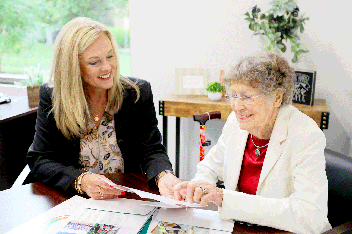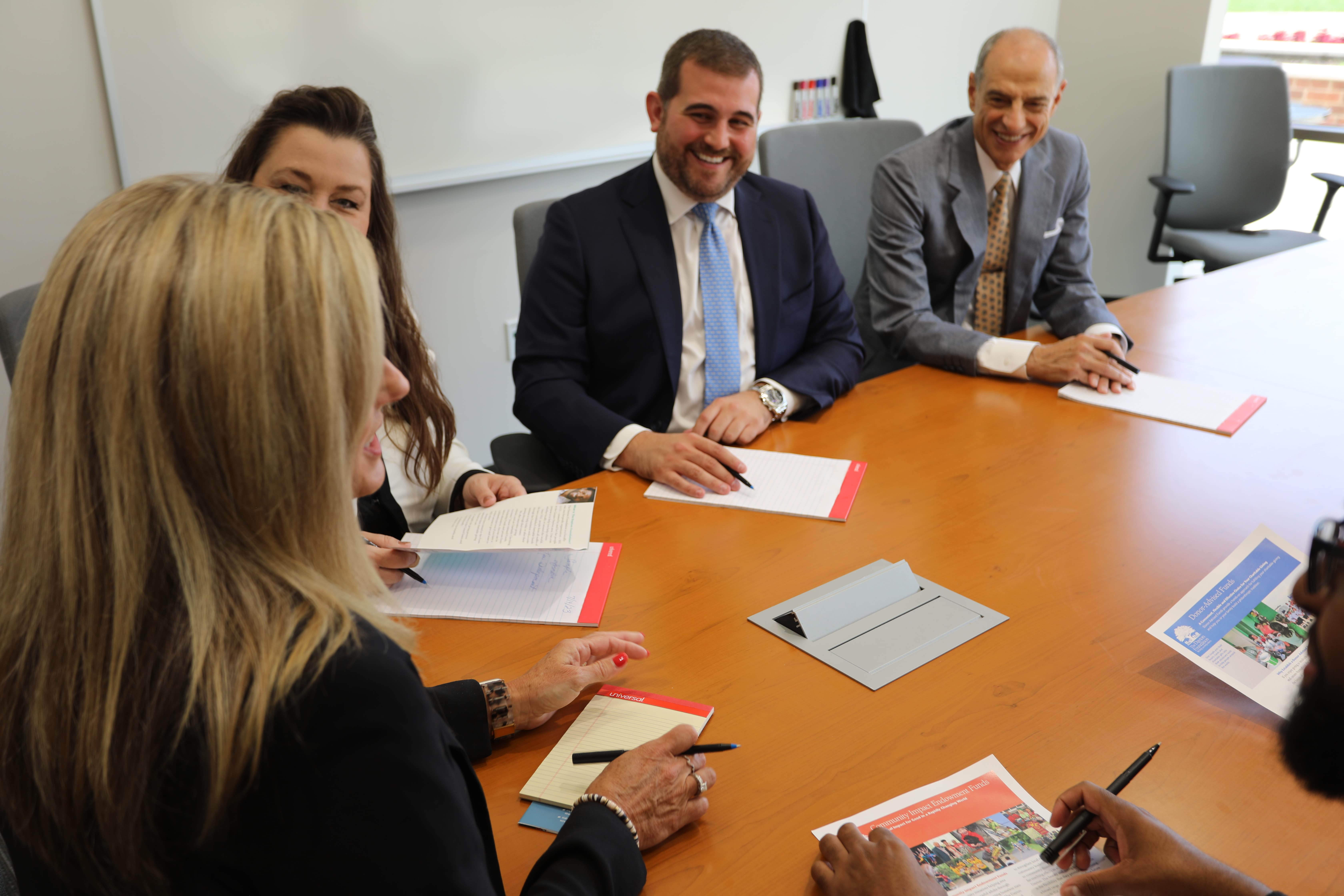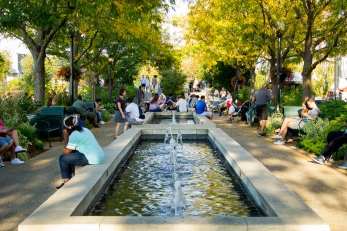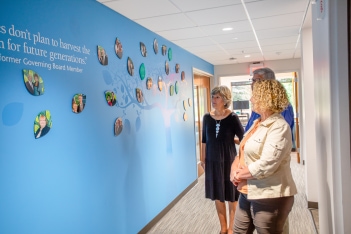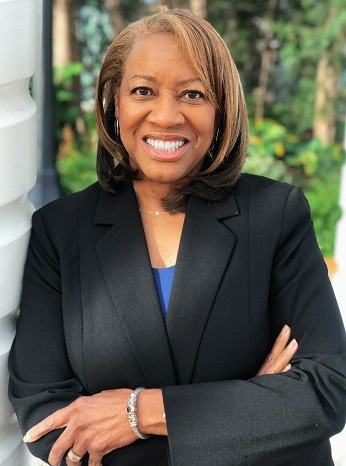Helen Jones-Kelley, Executive Director, Alcohol, Drug Addiction and Mental Health Services of Montgomery County
1) What is the mission of ADAMHS?
Our mission is transforming innovative behavioral health leadership and partnerships to promote a healthy region. The Alcohol, Drug Addiction and Mental Health Services (ADAMHS) of Montgomery County is responsible for the planning, funding and monitoring of public mental health and addiction treatment services for individuals and families of Montgomery County, Ohio. Under Ohio law, the ADAMHS Board is one of 50 Boards coordinating the public behavioral health and addiction treatment and recovery system in Ohio.
2) How do you help area nonprofit organizations?
We plan, fund, support, promote and monitor the county's mental health and substance abuse system of care. The continuum includes prevention, early intervention, treatment and supportive services, which focuses on employment, housing and recovery supports. We also offer training and technical assistance to the nonprofits we fund, as well as those in the broader community for the delivery of services. We provide online screening tools and resources to assist in the provision of community behavioral health services.
3) How can nonprofits connect with your organization?
ADAMHS funds the public mental health and addiction services in the greater Montgomery County community. Information is available on our website, or you can call us at (937) 443-0416. We also have an app, "GetHelpNowMontgomeryCounty," which is available free, as well as a newly released youth app, "GetHelpNowStudents."
4) What events and programs do you currently offer for nonprofits?
We offer supplies and technical assistance to address pandemic needs, as well as a variety of training programs, all of which are available on the website. They include, but are not limited to mental health first aid, trauma informed approach, numerous diversity and health equity courses, prevention topics, clinical topics, workforce development and peace officer training for crisis intervention, among others. .
5) What else would you like nonprofits to know about your organization?
We encourage the community to access our website for a wealth of resources and information related to funding and community supports. They also will find our training calendar, which offers an array of free training and continuing education opportunities.


